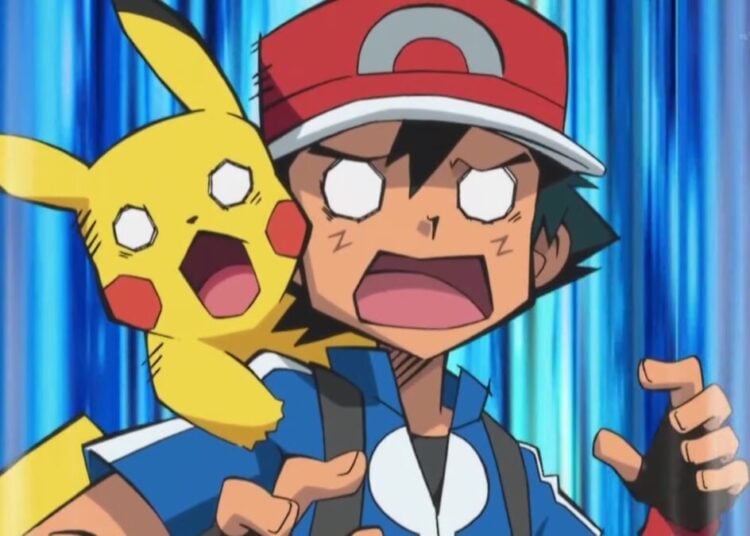Stereotypes are really not good, since they cause us to make assumptions about people from other countries before we’ve gotten to know them. When I taught English as a Second Language, I used to do a lot of part-time work, going to people’s homes to teach their kids once a week, and I was able to come into contact with a lot of people this way. One family I taught seemed to be a pretty average Japanese family on the surface: bustling mother overly concerned about her kids’ education; bright daughter; younger son who loved Pokemon and “UFO Catcher” (crane game) machines; and a salaryman father who often worked late. The father surprised me one day by showing me pictures of his journey from Vladivostok to Moscow on the Siberian Railroad, which had been a lifelong dream of his, and I was immediately sorry I’d assumed he was such an average Joe who lives only for his company. The leader of my daughter’s Girl Scout troop is another such person. At first glance, she’s an average middle-aged Japanese woman, worrying over how to make her daughter study more and tending a small dairy farm. Turns out, she’s also a published author of children’s books, and quite well known in her field, which I never suspected, looking at her. I wonder if the Japanese I meet here have stereotyped ideas about what I’m like before they get to know me? They’re only human, so I’m sure they do.
Japan continues its love affair with kaigai dorama, or “overseas dramas,” with shows like Prison Break, Lost and of course ’24’ scoring big with viewers here. U.S. networks like Fox have built a very successful business for themselves, offering TV series in DVD rental stores for 300 yen per disc, then showing them on late-night television when the next season approaches to pick up more viewers. I’m bowled over with how innovative the American companies are at marketing these shows to viewers. For example, subscribers to the Japanese version of Newsweek got a free DVD loaded with the first episodes of several different series, and as a result my wife and I are now hooked on The Dead Zone. Even older series are popular right now, and NHK is broadcasting many classics in the wee hours of the morning. It’s funny to see what shows are defined as a “drama” to the Japanese — the list includes some old shows that were big here like Combat, “Mystery Zone” (The Twilight Zone) and The Fugitive, but also some shows that aren’t very dramatic, like Bewitched and “Special Bastard Squad A-Team.”
If you’ve found your appetite increasing of late, it might be what the Japanese call shoku-yoku no aki, meaning “Autumn, the season of healthy appetites,” named for the natural tendency for people to get hungrier at this time of year. For those who fall into that category, J-List brings you hundreds of delicious treats direct from Japan, including both well-known snacks as well as items you never knew existed. We’ve a great announcement for hungry customers, too: the return of Pocky to our site! Every summer we are forced to remove chocolate products from our website due to the heat and humidity which turns our Pocky into so much Melty Kiss, but now that things are cooling off, we’re happy to announce our the beginning of our Fall 2006 Pocky lineup! In addition to the original classic and Men’s Pocky, we’ve added the deluxe new Cookie Crush and Almond Crush Pocky, which come in deluxe packages with a whopping 7 packs of Pocky (so you can eat them one at a time without the others going stale).















